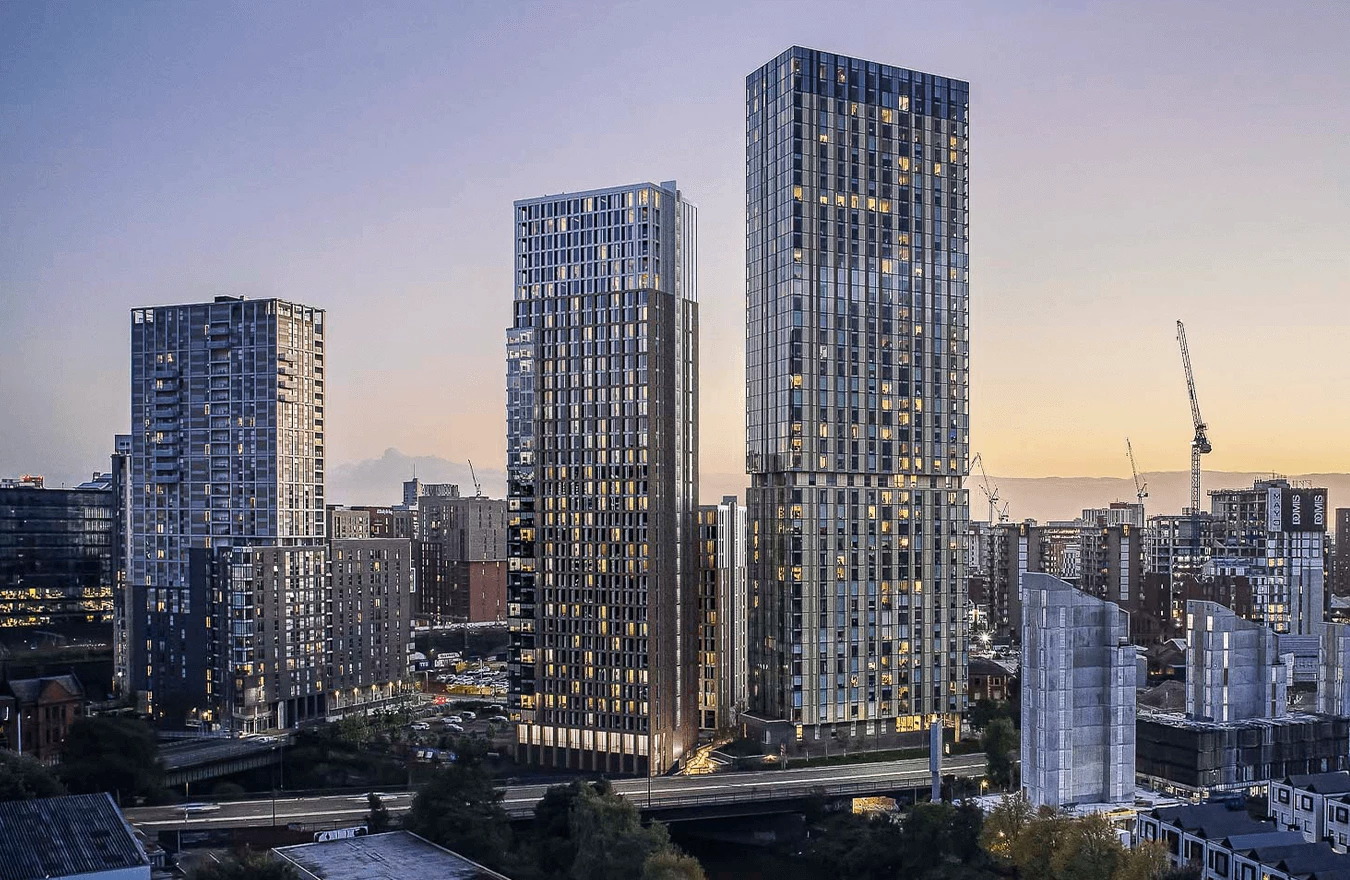London (Parliament Politics Magazine) – London is a major urban city, so you may be wondering how to buy property in London. Despite the fact that the average property price in this city is slightly higher than in the rest of the UK cities, individuals are keen to buy property in London. With a population of over 8 million people, London tempts many people to make real estate investments.
Ways on how to buy property in London?
Buying property in a city like London is a big thing. Since so many individuals desire to reside in London, housing and property investment are extremely competitive. When you purchase a freehold property, you become the sole owner of the land as well as the layout. Keep reading to find out how to buy a house in London, from choosing the right property to financing, houses for sale in London, and property taxes.
Following are a few ways of buying property in London:
Leasehold
- Leasehold homes are frequently less expensive than freehold homes.
- It is not necessary to obtain building insurance.
- Many leasehold houses have off-street parking and, in some cases, garages.
- Planting and maintenance are taken care of.
- Roofing, common area painting/decorating, and, in some cases, window replacement will be less expensive.
Freehold
- You are in charge of the building’s exterior maintenance.
- There are no concerns about the freeholder failing to maintain the building or charging exorbitant fees for it.
- The rental agreement is not problematic.
- When you own a freehold property, you own both the land and the structure on it outright. Your identity will be enumerated in the records as “freeholder” with “title absolute.”
- You are not required to pay the yearly ground rent as a freeholder.
- You have control over the fabric of the structure, which contains the outer walls and roof.
Procedure
1. Narrow down a Property
The first and most obvious step is to find your ideal home. This can be done by using site search websites or local estate agents in your desired area. For a more personalized search, you can also consult real estate investment firms.
2. Mortgage Options
If you lack the necessary cash to buy a property with a mortgage, you may need to look into getting a loan. It is crucial to remember that virtually all UK lenders would deny one such mortgage to a foreign buyer, and they may even want a larger deposit.
3. Taxes on property
When dealing in the UK property market, you should be aware of a number of UK taxes. It is beneficial to consult a tax attorney to understand the most important taxes to be aware of and ways to save money.
4. Attorney Consultation
When you’ve found and reserved an acceptable residence in the United Kingdom, contact a solicitor. A lawyer is an important element of the purchasing procedure since they will help you with the legal aspects of the transaction. They may assist with adequate research by looking into any legal difficulties with the land and, if necessary, surveying to ensure everything is incredibly durable.
5. Proposal
Once you’ve found a home you want to buy, you should make an offer. Your proposal is an agreement, and until contracts are exchanged, neither party is legally committed. If both parties agree, proceed to the next level.
6. Conveyancing Process
The agreement on selling terms will then be finalized in a Memorandum of Sale between you and the seller. You must also submit your identity and proof of address at this stage. HMRC Anti-Money Laundering rules necessitate this.
After that the previous processes have been completed, your defense attorney can commence the conveyancing process.
7. Exchange of Contracts
The exchange of contracts is the point at which a property transaction in England becomes enforceable at law. Both the seller and the buyer have the option to terminate the transaction before it is finalized.
When the contracts are exchanged, both parties are bound to carry out the purchase/sale and you provide the payment, which is normally 10% of the property price. A deadline must be stated, and all legal paperwork must be finalized. There are repercussions for departing once the contracts have been exchanged.
8. End the Procedure
This is the last step to becoming a London homeowner. When the seller declares that the outstanding monies have been received, the transaction is considered complete.
At this stage, you also must deposit the stamp duty. Your attorney will manage the title deeds, transfer deeds, and registering of the property in your name.
Read More: Is Uber Worth It in London? (Merits, Demerits & Income)
Conclusion
Hopefully, you no longer need to worry about how to buy a house in London since the steps stated above summarise the easiest way of owning a property in London. Make sure to read the article thoroughly before going through with this decision of owning a property.


